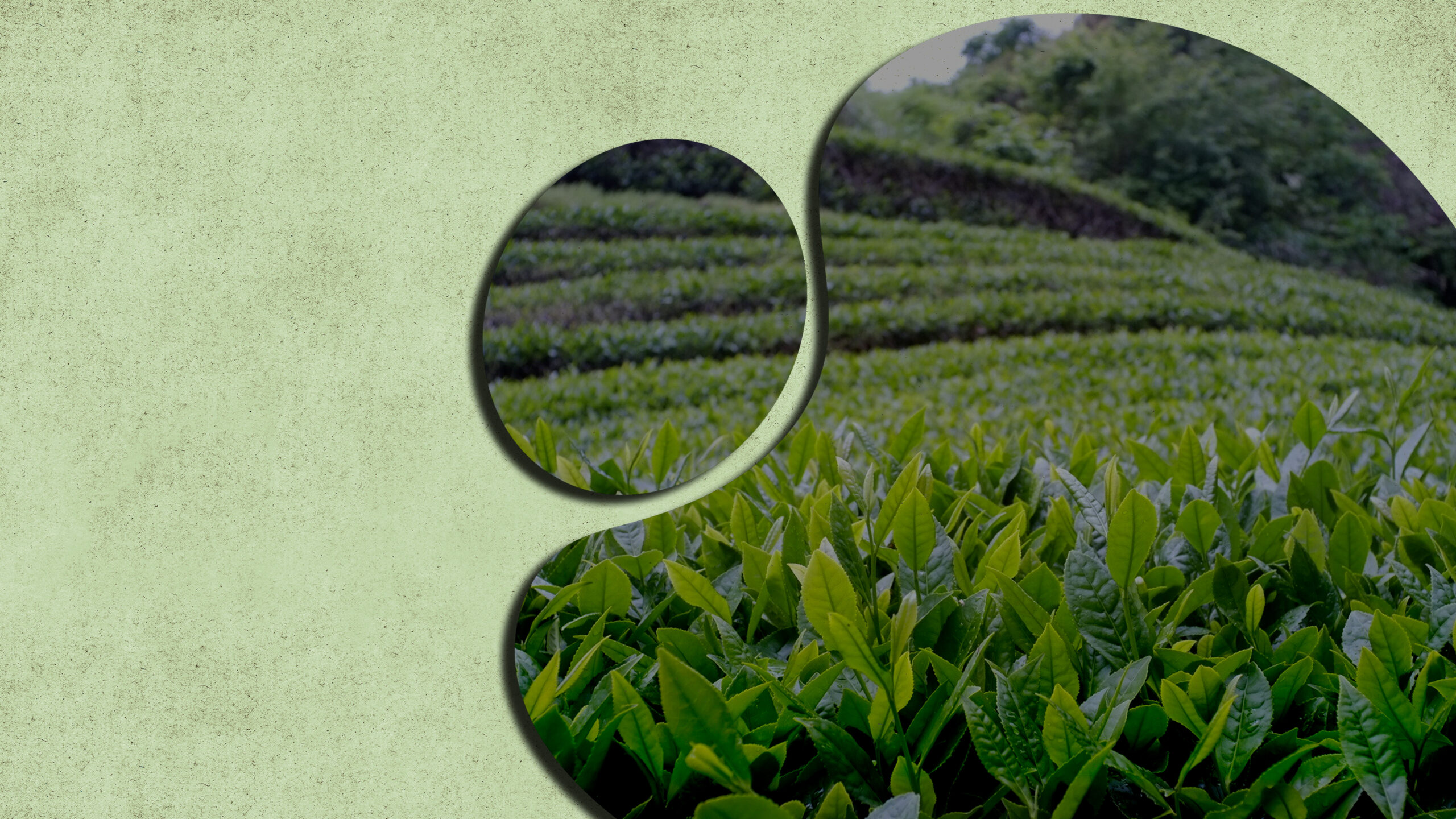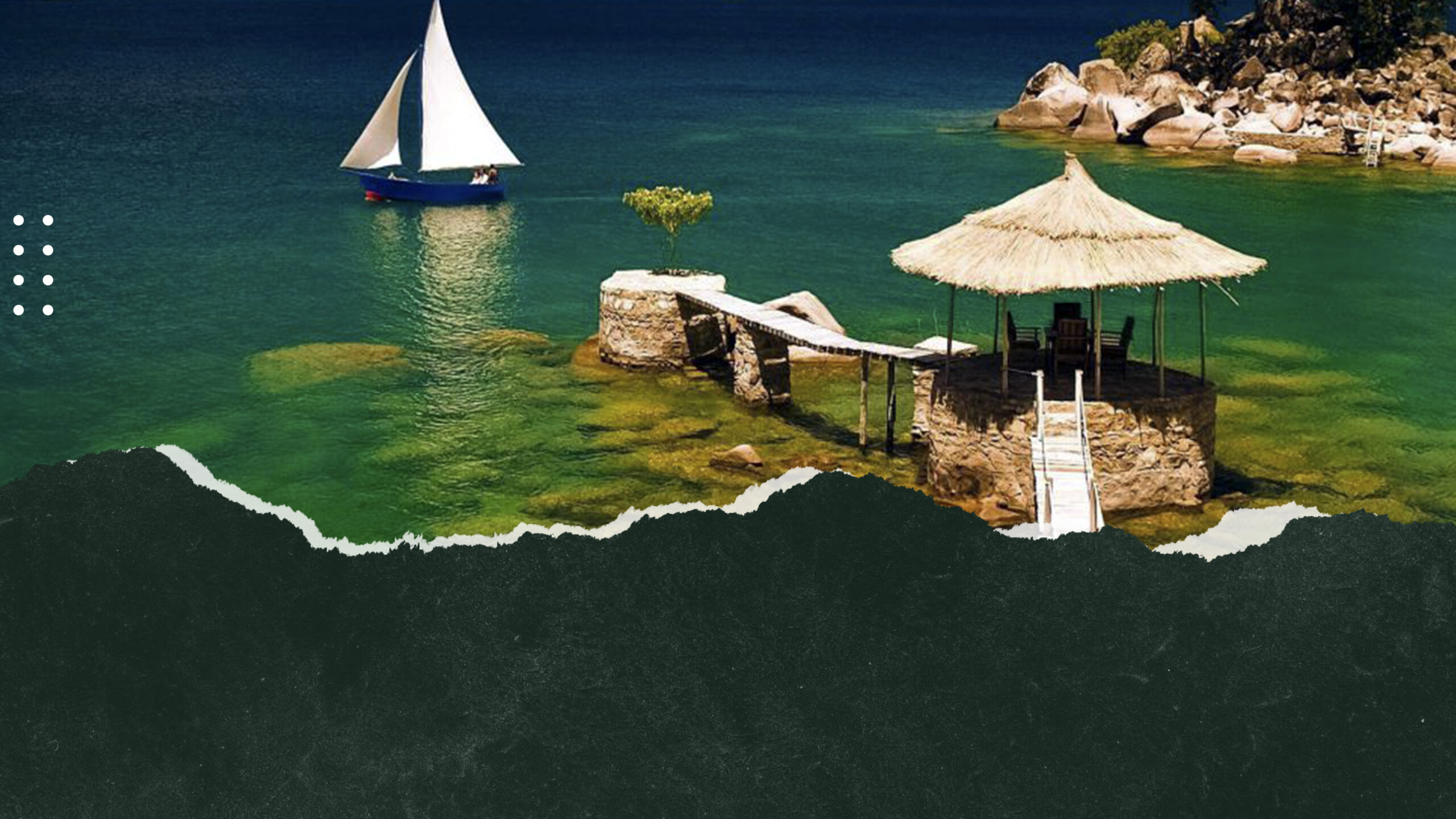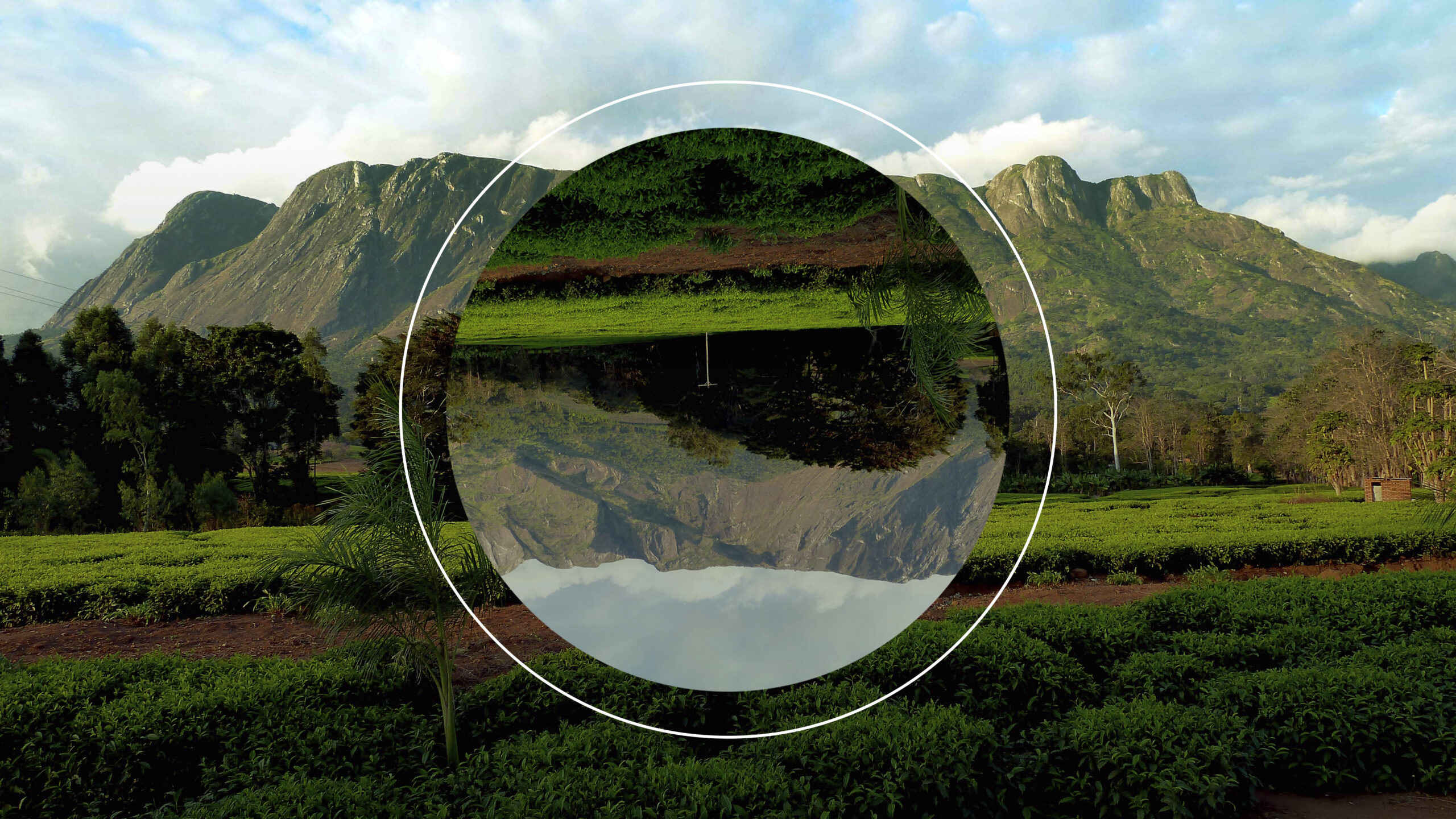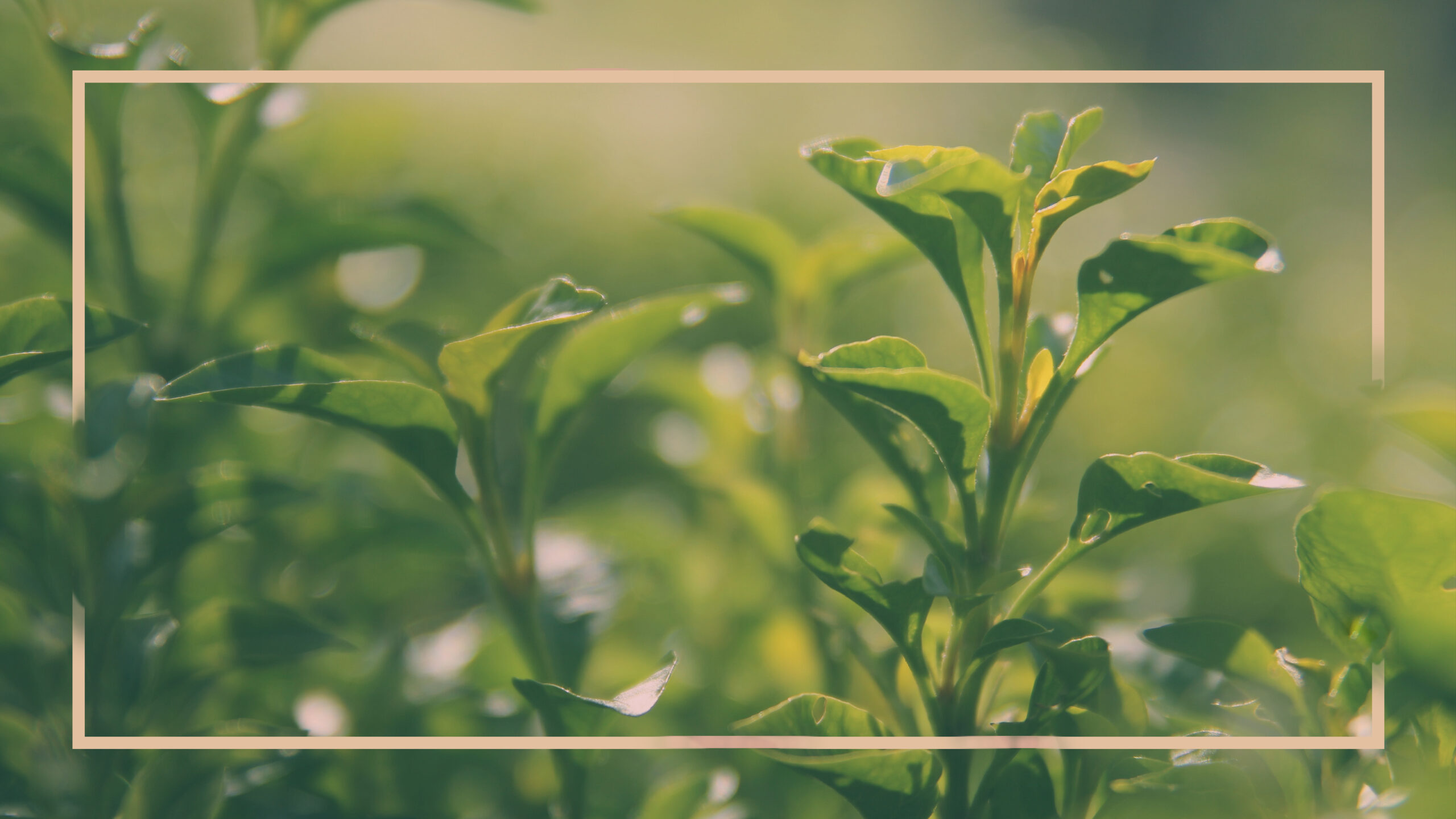The government actively encourages foreign investment, particularly in agriculture and in import-substitution and labor-intensive industries. Incentives such as exclusive licensing rights, tariff protection, and liberal depreciation allowances are offered. These incentives also include a tax allowance of 40% for new buildings and machinery, 20% for used buildings and machinery, and a 100% deduction for a manufacturing company’s operating expenses for the first two years. Other incentives are: no import duty on heavy goods vehicles, raw materials for manufacturing, a maximum import tariff rate of 25%, no withholding tax on dividends, and tax holidays. Exporters do not have to pay the normal taxes or import duties. Repatriation of dividends and profits are freely permitted.

Encouraged by the formation of the Malawi Development Corp. and the implementation of a development plan, foreign investment increased in the mid-1960s. A sugar scheme on the lower Shire River was financed to a great extent by foreign investment, as were a distillery and a brewery. In 1987, Lever Brothers, Portland Cement, and David Whitehouse and Sons had industrial plants in Malawi. The large plantation enterprises were originally established with capital largely from the United Kingdom. Exploration for oil under Lake Malawi began in 1999.
Foreign direct investment (FDI) in Malawi was $22 million in 1997, but rose to $70 million in 1998. Annual FDI inflow averaged between $45 million and $60 million 1999 to 2001




